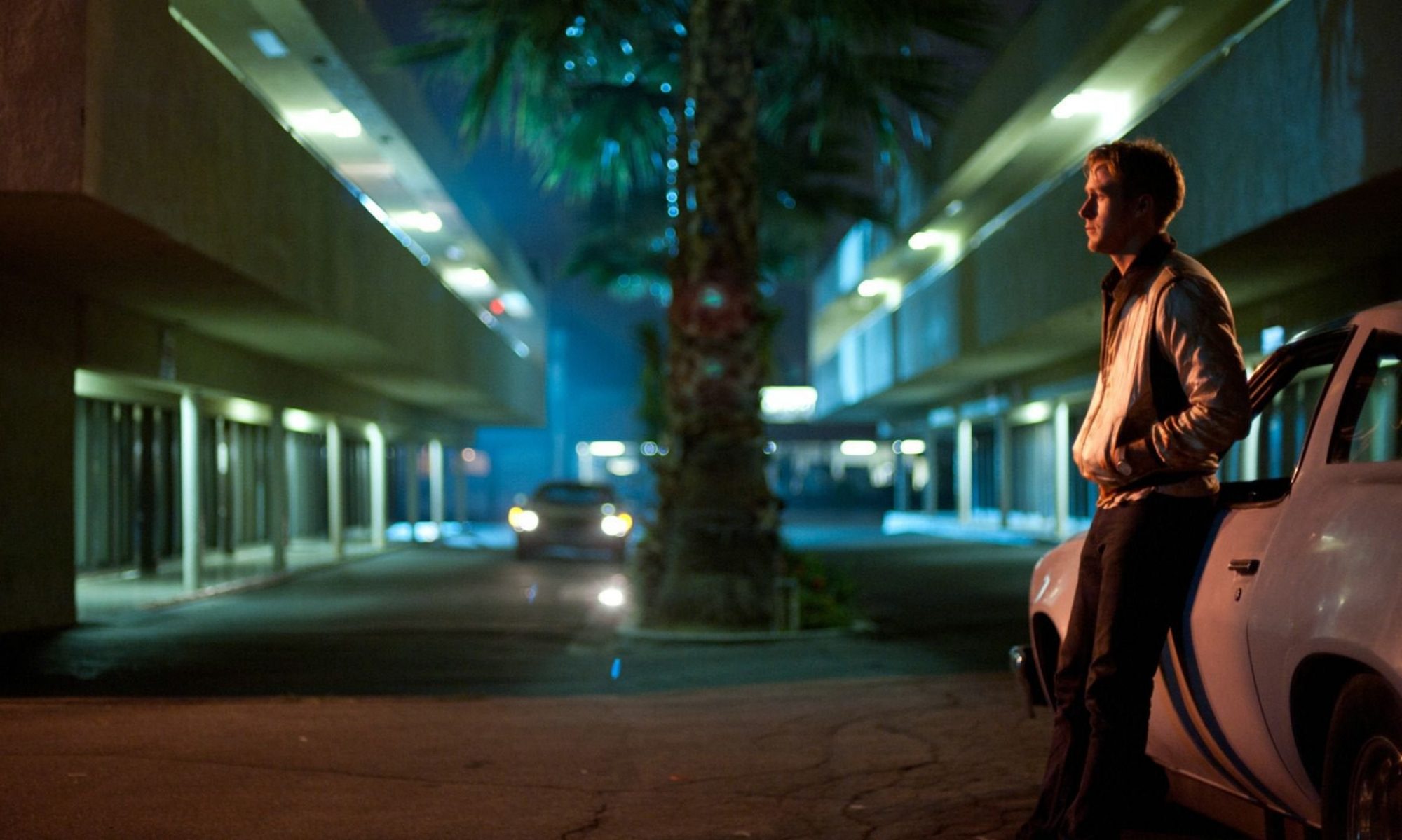Quiet films go all too unappreciated these days. Quiet in the sense that, to the untrained eye, not much happens, and not much is spoken. Their slow pace might not be a plus for many commercial viewers. But heck, I’m not a commercial viewer. I’m an arthouse fan. And probably a bit of a snob. Nonetheless, quiet films are my bread and butter. So Small Things came as a much-appreciated surprise. Based on Claire Keegan’s 2021 novel about the notorious Magdalene laundries in Ireland, Tim Mielants’ film follows the daily routine of father Bill Furlong and the moment he makes a shocking discovery.
And when I say follow, I mean literally follow. Not from a point of view shot, but the camera is at pains to follow every movement, and every non-movement that Furlong makes, even though he is determined to stay in the background as he goes through his daily routines as a coal merchant. The first time we see him is behind a smeared, dirty window. Then we see his dirty hands writing on a board. Then his back. Then, finally, his face. The Scottish director Lynne Ramsay clearly isn’t the owner of these kind of unconventional introductory shots, but I definitely got those vibes throughout the film with its constant focus on the everyday. Particularly Ramsay’s most recent film You Were Never Really Here, with its focus on a tortured man unable to externalise his inner angst. Like Ramsay’s disturbed Joe, we only get suggestions of Bill’s past traumas through flashbacks to his experiences as a child. He never discusses these experiences with any of his family members. When one of his four daughters asks why he only got single Christmas presents when he was younger, Bill simply lies that he simply didn’t need as many gifts.
The constant close-ups of Bill’s hands as he washes them in an increasingly violent fashion is a not-so-subtle reference to his constant and unresolved guilt for past events that he had no responsibility for. And when it comes to emotive facial expressions, it’s difficult to find many better in the modern era than Cillian Murphy’s. His face tells entire stories that words could never evoke. Even despite the great editing when backgrounds blur out to focus on his figure, it’s what Murphy does – or rather, doesn’t do – that creates intrigue and poignancy. Instead of intrusive monologues, we get heavy breathing. We listen to stressed sounds as Bill stands in the background of a pub and the soundscape collapses around him. He watches a crackling TV, and a single tear falls down his face. He walks down dark streets alone, a silhouette moving through empty paths. His wife notes at one point that he’s ‘awful quiet’, as if his current state is unnatural compared to his normal demeanour. In the rare moments when he does try to reach out to his partner, his questions are met with misunderstanding.
Other actors put in strong performances here, but it’s impossible to get away from how great Murphy’s performance is, easily one of his all-time greatest. It’s not showy, but it’s endlessly effective. Small Things also reminded me of The Zone of Interest, another film I absolutely loved this year. Sound is used in both to vocalise the unspoken horrors that take place in the background, and sometimes within. Sad, quiet and sombre, Small Things is an assuming gem beneath the sands.
